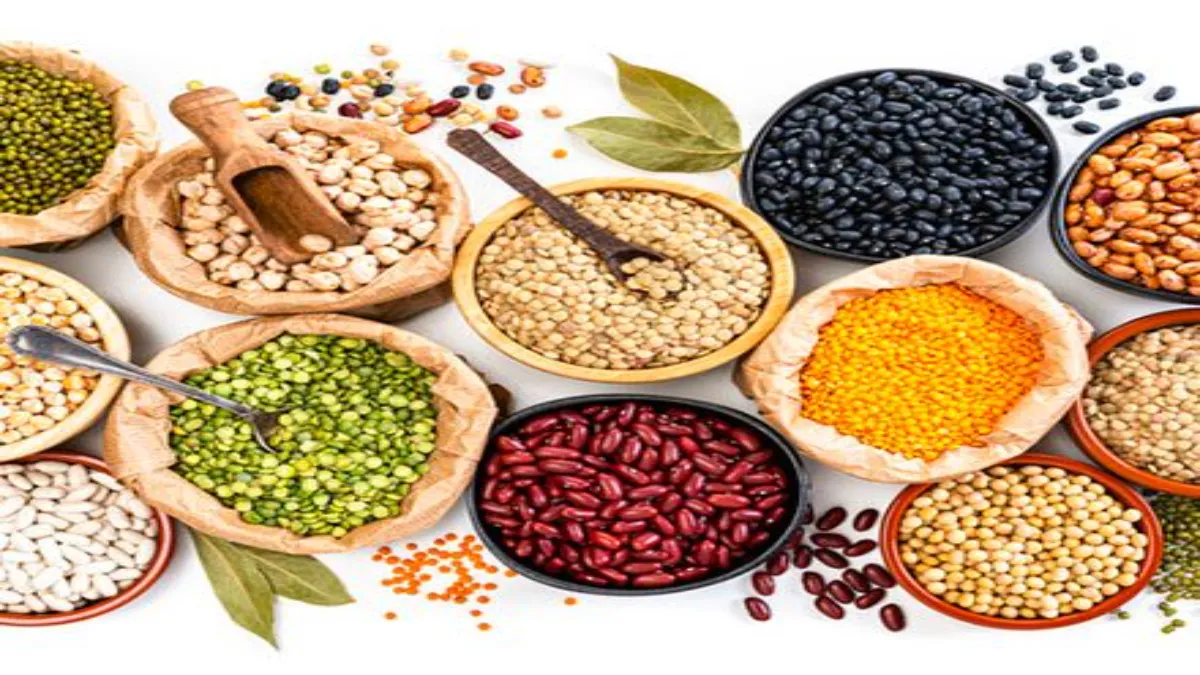Embracing a vegan lifestyle is not just a dietary choice but a commitment to compassionate living. One common concern for those considering or following a vegan diet is ensuring an adequate intake of protein. Contrary to popular belief, there are abundant and diverse sources of plant-based protein that can meet nutritional needs. This article explores a variety of vegan protein sources that not only offer essential amino acids but also contribute to overall health and well-being.
- Legumes:
- Lentils: Packed with protein, fiber, and various nutrients, lentils are a versatile legume available in various colors and types.
- Chickpeas: Whether roasted as a snack, blended into hummus, or added to salads, chickpeas are a protein powerhouse.
- Black Beans: These beans are a staple in many cuisines and can be used in soups, stews, or plant-based burgers.
- Tofu and Tempeh:
- Tofu: Made from soybeans, tofu is a highly versatile source of protein. It absorbs flavors well, making it suitable for various savory and sweet dishes.
- Tempeh: A fermented soy product, tempeh offers a dense texture and nutty flavor. It’s a great addition to stir-fries, sandwiches, and salads.
- Quinoa:
- Often referred to as a “complete protein,” quinoa contains all essential amino acids. It’s a grain-like seed that can be used as a base for salads, bowls, or as a side dish.
- Nuts and Seeds:
- Almonds: Almonds provide protein, healthy fats, and vitamin E. Enjoy them as a snack or incorporate almond butter into smoothies and dishes.
- Chia Seeds: These tiny seeds are rich in protein, omega-3 fatty acids, and fiber. They can be added to yogurt, oatmeal, or used to make chia pudding.
- Hemp Seeds: Hemp seeds are a complete protein source and offer omega-3 and omega-6 fatty acids. Sprinkle them on salads, yogurt, or blend them into smoothies.
- Seitan:
- A high-protein meat substitute made from gluten, seitan has a meaty texture. It’s often used in dishes like stir-fries, sandwiches, and kebabs.
- Edamame:
- Young, green soybeans, known as edamame, are not only a protein source but also rich in fiber and various vitamins. Enjoy them as a snack or add them to salads and stir-fries.
- Whole Grains:
- Brown Rice: Along with providing protein, brown rice is a good source of fiber and essential nutrients. It serves as a versatile base for many dishes.
- Oats: Oats are not only a hearty breakfast option but also contribute to protein intake. They can be used in various recipes, from oatmeal to plant-based pancakes.
- Peas:
- Green Peas: These humble legumes are not only rich in protein but also contain vitamins and minerals. Add them to stews, soups, or enjoy them as a side dish.
Veganism goes beyond dietary choices; it’s a lifestyle that prioritizes compassion for animals and the environment. With a diverse array of plant-based protein sources, individuals can meet their nutritional needs while enjoying delicious and satisfying meals. By incorporating these vegan protein sources into a well-balanced diet, individuals can thrive on a plant-powered journey, reaping the benefits of both health and ethical consciousness.


